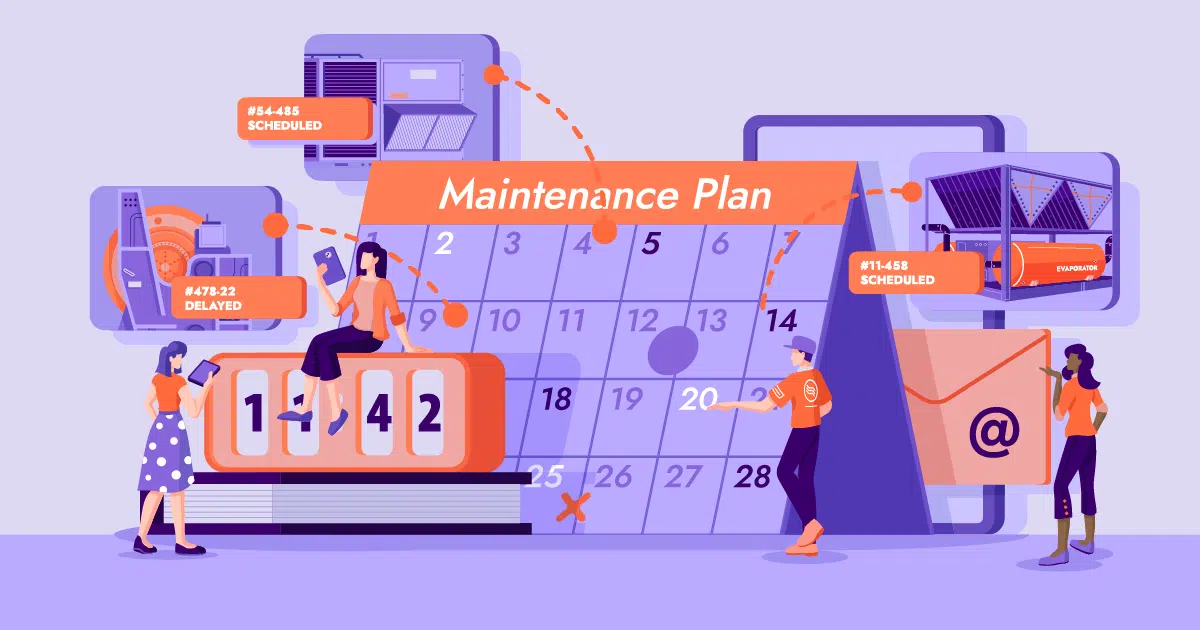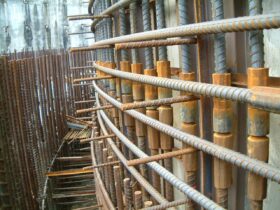Regular maintenance is essential for keeping your furnace in top condition. By scheduling routine inspections and tune-ups, you can identify and address minor issues before they escalate into major problems. This proactive approach not only saves you money in the long run but also ensures that your furnace maintenance plans operate at peak performance when you need it most.
Inspecting and Cleaning Filters
One of the most important tasks in furnace maintenance plans is inspecting and cleaning or replacing filters regularly. Dirty or clogged filters restrict airflow, reducing the efficiency of your furnace and increasing energy consumption. By replacing filters according to manufacturer recommendations, you can improve indoor air quality and extend the lifespan of your HVAC system.
Checking and Adjusting Thermostat
The thermostat plays a crucial role in controlling the temperature and operation of your furnace. It’s essential to ensure that your thermostat is calibrated correctly and accurately reflects the temperature settings in your home. By upgrading to a programmable thermostat, you can optimize energy usage and create personalized heating schedules to suit your lifestyle.
Inspecting and Lubricating Moving Parts
Your furnace contains various moving parts that require regular lubrication to prevent friction and wear. During routine maintenance, HVAC technicians will inspect and lubricate components such as bearings, motors, and fan blades to ensure smooth operation and minimize the risk of breakdowns.
Inspecting and Cleaning Ductwork
Clean ductwork is essential for maintaining good indoor air quality and maximizing the efficiency of your furnace. Over time, dust, debris, and allergens can accumulate inside your ducts, reducing airflow and forcing your furnace to work harder. By periodically cleaning your ductwork, you can improve comfort and reduce energy costs.
Inspecting Gas Connections and Burner Combustion
Safety should always be a top priority when it comes to furnace maintenance. HVAC technicians will inspect gas connections and burner combustion to ensure that your furnace is operating safely and efficiently. They will also clean and adjust burners as needed to optimize combustion and prevent the risk of carbon monoxide leaks.
Checking Electrical Components
Faulty electrical connections can pose a significant safety hazard and compromise the performance of your furnace. During routine maintenance, technicians will inspect wiring, terminals, and electrical connections to identify any signs of wear, corrosion, or damage. Prompt repairs or replacements can help prevent electrical issues and ensure reliable operation.
Inspecting Exhaust Flue
Proper ventilation is essential for the safe operation of your furnace. HVAC technicians will inspect the exhaust flue to ensure that it is free of blockages and in good condition. Any obstructions or damage to the flue can restrict airflow and increase the risk of carbon monoxide buildup, posing a serious health hazard to you and your family.










